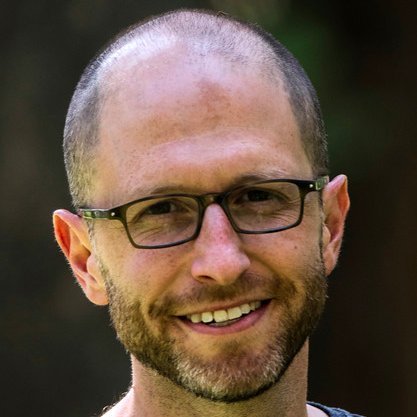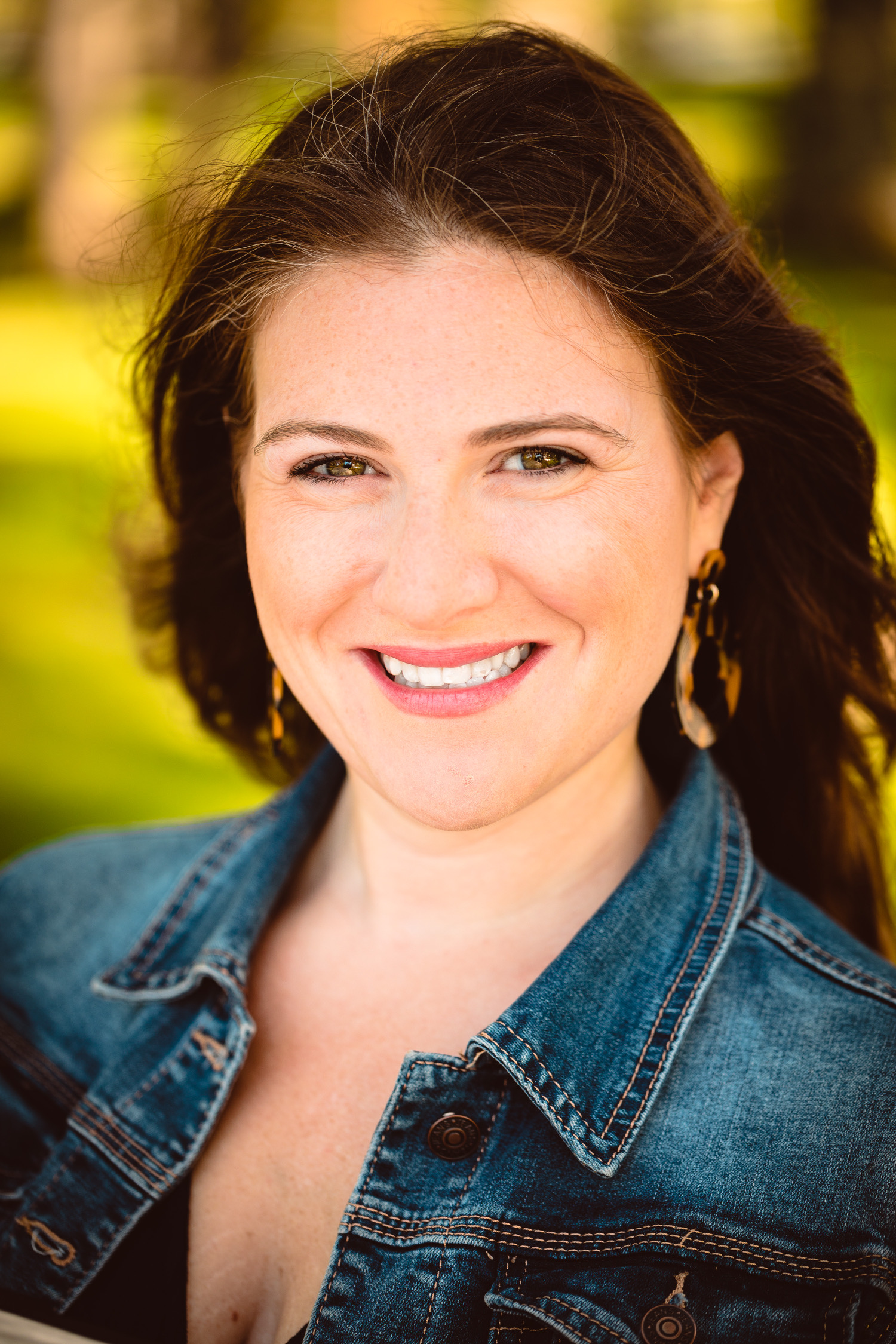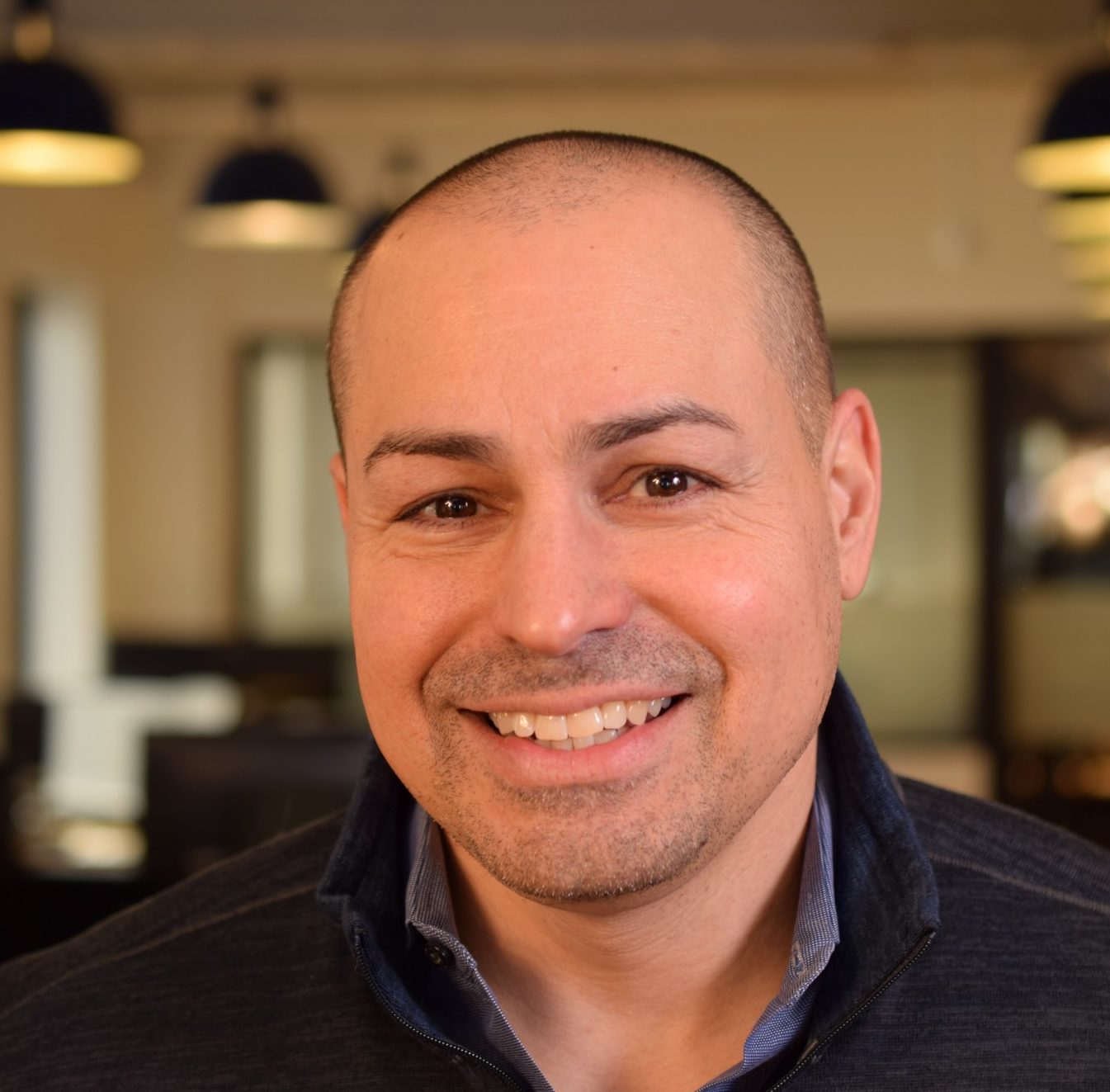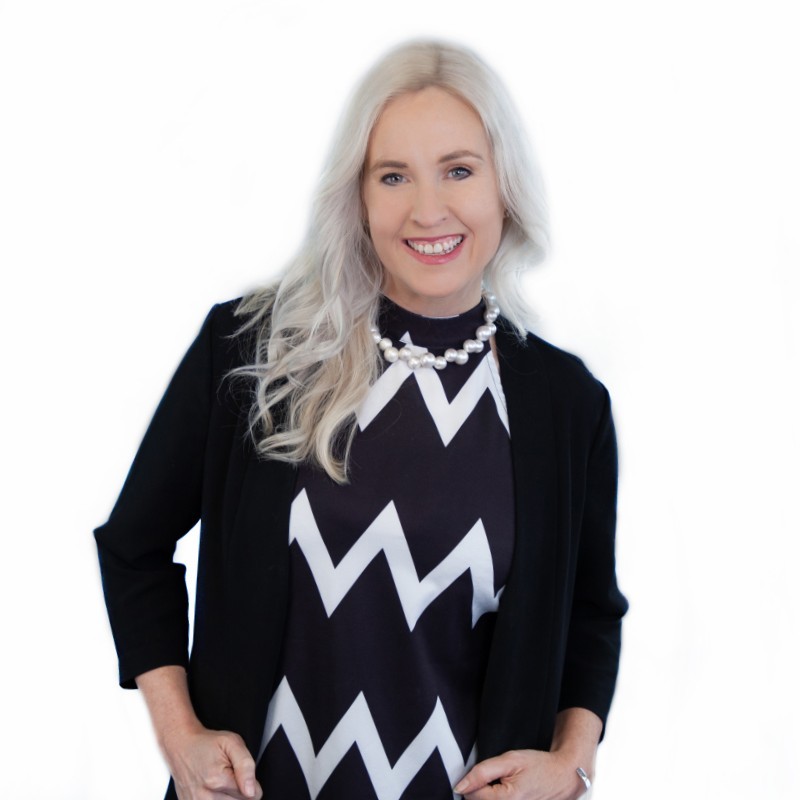What is SEL and why might it be the thing that saves schools and businesses in a world of automation?

Welcome back to Work Minus where we talk about what we need to drop from how we work and quick pivots you can make today to get closer to the future of work. Today, our guest is Jordan Posamentier, Senior Manager of Policy and Advocacy at Committee for Children, and this episode is Work Minus Emotional Illiterates. Hi Jordan. How are you today?
Doing well, Neil. How are you?
I’m doing excellent. Excited for this topic. Very interesting. Emotional illiteracy is the thing we’re trying to move away from. But you’re actually an advocate for what’s called SEL. Why don’t you explain what a SEL is and give a quick overview of that?
Sure thing. SEL stands for social and emotional learning which has been on the rise across the country as schools realize that they need to prepare their students better for all sorts of things, including future work. There are bunch of different ways to think about this but the easiest way is to think about social and emotional learning as falling within one of five buckets where the relationship between these things is self-management, self-awareness, social awareness, relationship skills, and responsible decision making.
Okay. So that kind of give us the background. It’s basically all the things you need to work well, right?
Yeah. In the workplace, you call that soft skills, the ability to work well with others. We got a bunch of different other terms that have happened around for the last 30 or 40 years. Non-cognitive skills, emotional intelligence, pro-social behaviors. And these are the kinds of things that have come up more and more as being on demand for 21st century skills.
So describe the gap. You know, we’re talking about the world of work, you also work in the area of education. So what’s that gap that people see now in difference between this lack of SEL in the workplace?
Sure. Well, the gap is becoming increasingly apparent as we shift toward a different kind of economy that really relies on the ability of people to work well with others. So the trend since 1980 has been job growth in occupations that require high social skills. The things that are on the decline are, say, high math skills with low social skills. Those things are going to get eclipsed by robotics and artificial intelligence, as you’ve probably discussed on the show previously. And the thing is, the more we hear about what workplace needs, the more we realize we’re not preparing our future workforce to accommodate that demand. You’ll hear about the four Cs from employers saying they need, critical thinking, creative problem solving, communication, and collaboration. There’s a 5th C that I’ve heard called the cultural awareness and sensitivity. And the thing is when we’re looking upstream at workforce because of this, we’re not seeing those skills get taught directly and then permeated throughout all the other things that students learn. They are sort of thought of as an add-on and they really can’t be because that is squarely what employers need and employers aren’t getting it. There was one recent survey a couple years back. 98% of the CEOs say that they have problems finding candidates with all the 4Cs. 31% of all these employers, globally, say it’s tough to find workers to get that combination of skill they’re after. So at the end of the day, there’s a huge mismatch between what employers want and what markets demand, and how we’re preparing the future workforce. So what I’m doing, what we’re doing at Committee for Children is trying to identify solutions upstream, before it becomes time where you’re in the work space and you’ve got that difficult employee that you just don’t know how to work with, they don’t know how to work with you, and they’re having trouble managing themselves. All these things can be addressed before it becomes a crisis point.
So your director had an interesting quote. She said: “Education policy has been stuck in the manufacturing age.” Expand on that for us. What does that mean and how does it affect the current workforce?
Sure. Education in the US has, years ago, adopted a tradition of batch processing students to be ready to work in a certain kind of job, certain kind of industry. And we’re seeing now that there’s a great difference in variance with the kind of work that students need. Batch processing probably isn’t the best way to get there. And generally, there’s a cultural shift to be more aware of what students need to have conditions for learning. What’s the best way beyond just Algebra II and English language arts to get the students ready? We talk a lot about twenty 21st century skills and that is actually a pretty significant departure from the old style factory. Even the new factory doesn’t do it the old factories used to do. They have to have a lot more attention and awareness in how you work well with others, how you become aware of yourself when you’re working on the floor.
Yeah. Absolutely. It seems like we’re in a totally different age. We need to prepare people totally differently but the schools still operate in much the same way they were before. What are some of the good things you’re seen come out of schools and some of the work you guys are doing that is promoting this SEL?
Social and emotional learning, like I said before, sometimes is thought of as an add-on. But now schools and systems across the country are doing direct instruction on it. They said they’ve been doing direct instruction on SEL for a number of years, but it’s been patchy. And now there’s really a lot more attention to take time out of a school day to work with students on problem solving or collaboration directly, and then be on that direct instruction they thread it throughout the learning day. So, say, you’re about to take a Math test and a lot of students experience anxiety when they’re taking a test. Well, there are techniques in SEL that you can use to get yourself ready to learn into a calm state of mind and just nail that test in a way that maybe 20 or 30 years ago, you just hunker down and you did it without much of that threading of SEL into Math.
I want to pick up on a term that you just used about direct instruction. So when one of us think about SEL, we think about it as the things you just kind of pick up over the course of life. Different situations, maybe a first job that you’re in, or a committee you’re a part of. You start to pick up on how to interact with people. But you guys advocate a lot for direct instructions. So talk about the difference between, are these SEL skills best taught in the classroom or what are the most effective ways that it does get learned.
Yeah. When we look at the studies on efficacy around SEL, you can see pretty clearly that you have to have direct instruction. You can’t just expect to catch it on the fly. Kids, adults, we don’t learn in an emotional vacuum. We can’t learn in an emotional chaos. So the idea here is let’s take it head on rather than after the fact or incidentally, and recognize that these are fundamental essential skills that everybody’s going to need in order to do whatever they’re doing. If it is students, it’s about the learning experience. If it is adults, it is about getting the job done. But that’s the same basis, either way. And so trying to think of these things as secondary is probably a mistake, and the research reflects that. So taking it on directly, there’s a lot of worry about, oh, we already have too many things to do in schools. But the advantage of doing SEL direct instruction is you get some of that time back because it saves on some of the other issues that teachers and principals end up having to spend a lot of time on. And the same goes for the workplace. You’ve got an angry employee. Well, what you have to do? You’re going to sit down and have a conversation. There might be some sort of program you send the employee to, a lot of other workers might try to avoid or they might try to complain, that is a waste of time. The way to make time more productive is to work on those issues directly and in a preventive fashion. So you’re not just trying to react to the bad behavior, or the bad attitude, or the troublesome conflict that’s going on across your employees.
So talk to a manager who’s out there right now and is dealing with a lot of these, what we call, people problems where people just are not getting along, there’s a lot of rift and chaos between others that are there and they feel like maybe they need to do some remedial SEL teaching. How can today’s manager prioritize SEL and workforce development?
Yeah. There’s a lot of attention being paid to this so it is called SEL. But I actually think managers today probably have a harder time than the managers will in 20 years because the students in 20 years, we graduate and the workforce will have a lot more attention paid on getting it right upstream. So managers now are downstream in figuring this out. But there’s some basic steps probably worth anybody’s attention. Perspective taking, for example. It is a fundamental issue in social and emotional learning, and taking the time to take perspective without just bullying through is probably worthwhile. It is just one small step to address workplace conflict, workplace harmony. And, I mean, I could go down the list of things. Have you set up a culture for problem solving or problem making? Have you made it easy and have you sent a signal in modeling your own behavior on showing your workforce to keep calm and how to approach difference of opinion in a productive way? Or, is it undercutting or is it something that the workers aren’t comfortable doing? It is not just touchy feely stuff like talking about your feelings. I mean, that’ll be part of it. You got to be aware what your mind is doing at the time you’re doing it. But there’s so much more than that. It’s recognizing how somebody else is operating at that conference table. It’s figuring out the next step, a long complex process. Are you communicating in a way that’s productive? And the list goes on and on. And there’s ways to get, for the lack of a better word, remedial SEL, but that’s not where it’s at. The real way employer can develop a good workforce is by figuring it out upstream before it becomes an issue inside the buildings.
All right. So let’s take it to, at least, in the workplace to the start where you’re hiring somebody. Like you said, employers are looking for these 4Cs, 5Cs, people who can communicate well, people who have these kind of high collaboration skills. But those are not easy things to prove. You can’t just look at somebody and they have a certification that says, yes, I work well with others. As opposed to you get an MBA from Harvard, you can kind of assume they have some kind of hard skill intelligence they’re coming with. But how can employers get better at identifying candidates who have high social and emotional skills?
Yeah. There’s a lot of ways to do this and there’s no one right way. So let me give you some ideas. One is to think of this as an HR project. When you’re first looking for building out your workforce, are you recruiting and hiring with an eye towards the social and emotional learning competencies? You can do it by calling it out in the job description. That’ll get you some of the way. You can do this by giving a few more points to applicants who pay attention to this in their applications. And they can do it by writing and including in their cover letter or resume. But, you know, another way to do it is there are credits or badges or credentials that speak to as your competency. Have you taken the time, as a workforce candidate, to build the skills and can you demonstrate that with some sort of credential? It’s like an MA but it’s a it’s smaller and more precise to specifically identify as your competency.
Another way to do it, you can find it in the referrals of the candidate. Listen to who’s vouching for this person and how they talk about this person. Are they saying, oh yeah, this guy is a real statistician, and list all their technical skills, or are they talking about some of those other skill that speak to gets along well with others, personable, really smart at problem solving, has a real structured way of doing that, keeps calm under pressure. And the list goes on and on. But again, I’ll tell you, there’s something they can do upstream. They can go talk to their local school system, ask them what SEL program that they are using. How are they prioritizing that in student time? Inevitably, when you’re recruiting for your workforce, you’re recruiting from either other workplaces, or colleges, or high schools. And if you know what those are, you can start asking them, hey guys, how are you producing my next wave of workforce employees?
Are you seeing some companies being active right now in working in partnering with universities, high schools, other places?
I know there are examples of this. I don’t know them well enough to call them out as exemplars but a lot more attention is being paid. And specifically when institutions or accredited organizations are making micro-credentials, these small badges, these small certificates, they are cooperating with a higher ed and with future workforce. But I couldn’t tell you how well that’s going. But I can tell you is some of the major industry out there is touting the need for some of these SEL qualities. For example, the new Microsoft CEO Satya Nadella was talking about the single most important trait needed for success on that job and that was empathy. And you can see Microsoft actually been doing very well with empathy driving that train.
Yeah. Yeah. Amazing. Let’s shift to a topic about generations which you alluded to about how maybe managers in 20 years may have a different perspective on this. With this Millennial workforce coming in in strong numbers, one of the things they are maybe stereotyped as is as being very much in tune with their emotions in some way, as someone says too much so. As these folks are to gain influence in the workforce, what kind of clashes, changes do you see around these social skills in the workplace?
Well, Millennials, like any generation, are not monolithic and you’re going to get different challenges, and they’ll get a reputation as a group even though maybe only a handful of them identify perfectly with the whole set. The older generation, from what I’ve heard about — well, I should say, I have colleagues and friends who are Millennials and we can try to take a guess of how they’re different and how they’re the same. But older generation and younger generation still need to apply the same skills. So if the younger generation is Millennials who are not that young anymore, I mean they’re in their 30s, are more emotionally aware, more emotionally demanding, you can either fight that or work with it. And because they are already working with you, you might as well pay attention and start recognizing that on the front end. I’m a lawyer, by training, and in negotiation, I was taught a couple of ways. One of those is to recognize the emotions in the room, if it’s tense and you just got to call it out. It’s a great way to relieve tension and senior workforce could probably do that. What I’ve seen from my millennial colleagues is really mission-driven ambition. And they like a lot of feedback. But everybody’s got an ego and you know when it has crushed somebody if the way they’re working on a problem isn’t the best way. You have to be aware and this is where, again, senior management can do perspective taking. They can be patient if they see a difference in a younger approach to solving a problem. They can model. Never a shortage of showing somebody the kind of attitude or behavior that you expect from them, rather than just talking about it.
On the flip side, do you feel like there are some social skills that are more prevalent in older generation workforce that are may be endangered or becoming extinct based on the generational trends?
That’s an interesting question. I had a senior partner law firm I worked with who exercised great patience under pressure. And I don’t see that as much. He might have been unique, regardless of generation, but taking time and taking perspective of the landscape and thinking with without sort of an impulse to act is something that I value no matter how old or young you are. But it’s not common and it might be becoming less common because of the kind of digital natives we’re raising. You have a lot of instant interface and I think there might even be a cultural expectation now. Your phone rings, you pick it up. There’s no excuse. Phones are everywhere. You shouldn’t just listen to the answering machine. You get a text, you got to respond to it. But sometimes, giving yourself space, giving yourself that moment is really beneficial. And like I said, I’ve seen the senior generation do that really well. Whether they’ve done that intentionally, I couldn’t tell you. But I think taking a moment to be intentional with every action is a worthwhile quality that, I’d say, we all deserve to build.
Yeah. I totally agree. That’s great. As we look to the future, we often talk about the future of work, it’s not really going to be possible to come to the list of automation proof skills, these hard skills and jobs that are going to be out there. Every day it seems like robots are more and more capable of doing things that we thought were only in the realm of humans. So as an advocate, do you feel like SEL should really start to take more of a central core in children’s education and curriculum than other topics to help them learn how to be more human as robots continue to advance in their skills?
It’s what we’re hearing from the workforce. It’s one of our best bets to keep students prepared for this more robotically designed marketplace. So, yeah, absolutely. I mean, everyone’s going to have some sort of social relationships, some sort of emotional relationship. The question is, are we going to manage that in a competent, intelligent, productive way or are we just do it slap dash and hope that students end up gaining those competencies when they enter the workforce? And the thing is, yeah, it’s no surprise. Artificial intelligence is making its way through all kinds of markets, disrupting the workforces that we know. And there are some of the skills that are translatable across different industries and inevitably it goes back to, can you work well with others? Are you able to problem solve? Do you have that social awareness and self-awareness to take advantage and be confident as you go through those new jobs in those new markets? Yes, it needs to be a priority.
Yeah. Absolutely. So we’ve titled this episode Work Minus Emotional Illiterates, which may be a harsh term for some people. But what do you see as kind of the grand vision that that looks like? What does the world look like where everyone is kind of in tune, aware of all these social skills, and is able to execute on them.
Yeah. We struggled what to call this because it sort of speaks from a deficit perspective, emotional illiterates. But look, when you’re a kid, one of the most important things that you’re going to learn is the ability to read. In education, we talk about before the third grade, you’re learning how to read. After the third grade, you’re reading to learn. And if you don’t get that absolutely essential skill, it’s going to be a hard road, getting a good education and a good learning experience. But what if you can’t read people? What if you can’t read yourself? How is that going to affect you in your ability to learn and work with others? And just be a thriving individual at the end of the day. That’s why, I think, talking about emotional literacy is apt. It makes sense. The ability to read yourself and others is completely part of life. It’s not just learning. It’s not just work. It’s how you become a person who makes it in this society. So yeah. Thinking about SEL, Social and emotional learning, isn’t just thinking about workforce preparedness or having a good education. It’s about, are you going to be able to maintain friendships? Are you going to have meaningful relationships? Are you going to wake up in the morning and be able to handle whatever crisis or whatever conflict happened the day before?
Well, this is excellent. It has been really great to speak with you about this topic. I think it’s very important and I’m glad that you were able to come on for this. Jordan, why don’t you tell everyone where they can get in touch with you for more information.
Sure. So we’re doing a lot to address employability skills, workforce preparedness around SEL, among other things. And you might just be interested in learning what your community, what your schools or systems are up to to help the students for their social and emotional benefit. So go ahead and find Committee for Children‘s website, very easy to Google. If you want to write me directly, figure out how else you might be able to get involved, it’s [email protected] and we would be happy to have that conversation going forward.
Great. I’ll include all those links in the show notes. Jordan, thanks a lot for being on the show. It’s been fantastic.
I appreciate it, Neil. Take care. Thank you.
Jordan Posamentier is the director of policy and advocacy at Committee for Children, the world’s largest provider of research-based educational programs designed to advance social-emotional competencies and prevent bullying and sexual abuse. Posamentier also serves in Position 1 as a director of the board of the Puget Sound Educational Service District. Before joining Committee for Children, he was deputy policy director at the University of Washington’s Center on Reinventing Public Education (CRPE), director of legislative analysis at StudentsFirst, legislative counsel to the California Judges Association, a civil litigator in a boutique health law firm in Oakland, California, and a New York City public school teacher. He earned his J.D. from the University of Houston.












